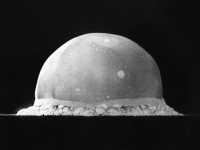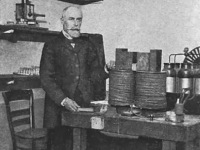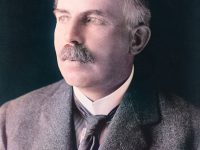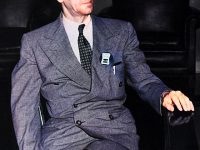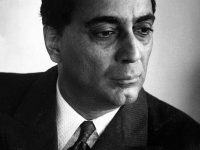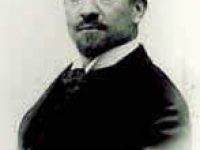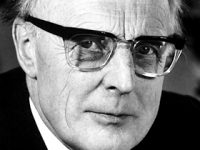Now I am become Death, the Destroyer of Worlds – The Trinity Test
On July 16, 1945, the first detonation of a nuclear device with the code name Trinity took place in the Jornada del Muerto desert in New Mexico. Although nuclear chain reactions had been hypothesized already in 1933 and the first artificial self-sustaining nuclear chain reaction (Chicago Pile-1) had taken place in December 1942, the date of the Trinity test is usually considered to be the beginning of the Atomic Age. Los Alamos director…
Read more

